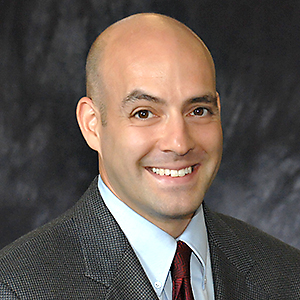Security Council Members Receive Briefing on Allegations Against Israel
UN Security Council members are holding an informal meeting today on protecting Palestinian civilians from war crimes. Security Council Report offers this background on the session:
UN Security Council members are holding an informal meeting today on protecting Palestinian civilians from war crimes. Security Council Report offers this background on the session:
Egypt, Security Council president and Arab Group representative, together with Angola, Malaysia, Senegal and Venezuela, has organised an Arria-formula meeting on the protection of the Palestinian civilian population in the Occupied Palestinian Territory (OPT). The meeting, which will be open to all member states, will be followed by a press briefing. At press time it seemed that all Council members would attend, although it was unclear at what level each would be represented.
The meeting will begin with the airing of a short virtual reality film on life in Gaza after the 2014 conflict. Following that, there will be briefings by legal expert Ardi Imseis, who served in senior policy and legal capacities with the UN Relief and Works Agency for Palestine Refugees in the Near East will present a legal perspective on the protections and rights accorded to civilians in armed conflict, including situations of foreign occupation, and the responsibilities of the Security Council in this regard, as well as the international community as a whole; a representative of Yesh Din, an Israeli organisation that works on issues concerning the rule of law and the duty to protect the Palestinian civilian population in the OPT; and a representative from Human Rights Watch.
The concept paper for the session makes the conclusions of the organizers quite clear:
Israel’s illegal policies and practices in the Occupied Palestinian Territory constitute not only grave violations of [Geneva Convention] obligation, but reflect a total abdication of its responsibilities. Rather than ensuring the safety and well-being of the Palestinian civilian population, the occupying Power is the direct and constant source of their suffering and hardship.
While the concept paper does not mention the International Criminal Court (ICC), the prosecutor's preliminary examination of the situation in Palestine—initiated in January 2015—looms in the background. It seems unlikely that the Council session will add much to the record the prosecutor already possesses, but the meeting is a reminder that the Council could yet emerge as a critical player in any ICC investigation through its power to defer investigations.
It appears that all fifteen Council members will be represented at the session, although many by lower-level officials.





